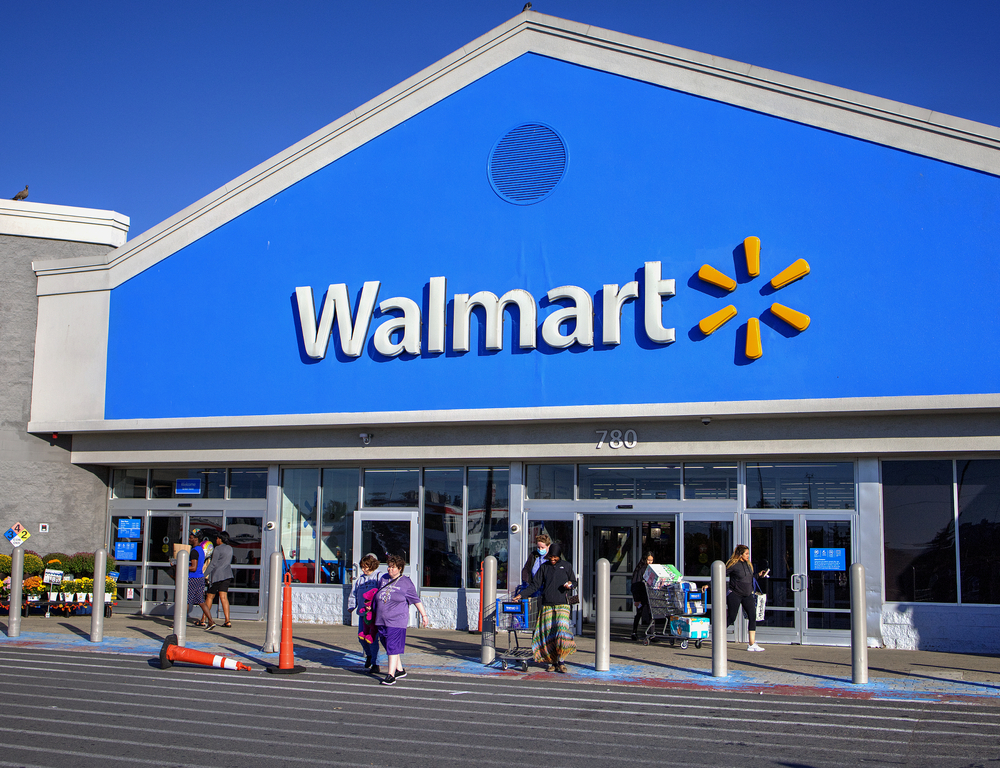Tipping is commonplace in the United States, particularly for waiters and bartenders. After receiving a bill from a restaurant, most people tip anywhere from 10 to 25 percent without a second thought. However, it hasn’t always been this way. Did you ever wonder how and when tipping started?
The Origins of Tipping
Tipping, by definition, means to ensure promptitude.
Interestingly enough, hasn’t always been normal. In fact, it used to be heavily frowned upon.
Tipping originated in Europe. While the history of tipping isn’t entirely clear, it is commonly thought to have started in 17th century England.
After the Civil War, tipping made its way to the United States. While it was considered commonplace in England, the United States considered it, at first, to be classless and inappropriate, and furthered classism. Americans hated tipping so much, in fact, that in 1904, the Anti-Tipping Society of America was established in Georgia!
However, the initial disdain of tipping in the United States didn’t last long. By 1926, tipping became common again.
Even in modern-day society, tipping is controversial. Some people think good service should be a given, and that an additional bonus isn’t necessary. Others think tipping is what provides superior service.
And that’s not to mention the mentality surrounding tipping inside the hospitality industry. While some hospitality professionals and establishments love tipping, others find it creates too much separation and competition. Many establishments have recently adopted a no-tipping policy, or pool their tips so every worker receives an equal portion.
Modern Day Guidelines
Regardless of your personal stance on tipping, the fact of the matter is it is still expected in most full-service establishments. Anywhere from 10 to 25 percent of the total bill is expected in a tip. As always, it is appreciated to tip more for exceptional service.
Tipping has also filtered over into other types of establishments. For instance, coffee shops and fast-casual restaurants now allow you to leave a tip on the bill. Further, car washes, valets, and housekeeping services all widely accept tips. However, the stipulations around tipping in these establishments aren’t as set. Should you tip anytime it is suggested? Are you expected to?
As a general rule, if you feel your experience was exceptional, it never hurts to leave a tip. And, if you want to ensure you have a superior experience, it doesn’t hurt to leave a tip on the front end. For instance, if you want to make sure your car is properly taken care of and retrieved quickly, then you may want to consider tipping the valet upfront.
While no one knows the future of tipping for certain, not all service is the same. If you have a memorable and pleasant experience, you can let them know by tipping well. If your experience wasn’t ideal, then it’s a good idea to talk to someone in management before you simply leave a stingy tip.

Rachel Slifka is a freelance writer and human resources professional. She is passionate about helping fellow millennials find success with their finances and careers. Read more by checking out her website at RachelSlifka.com.







